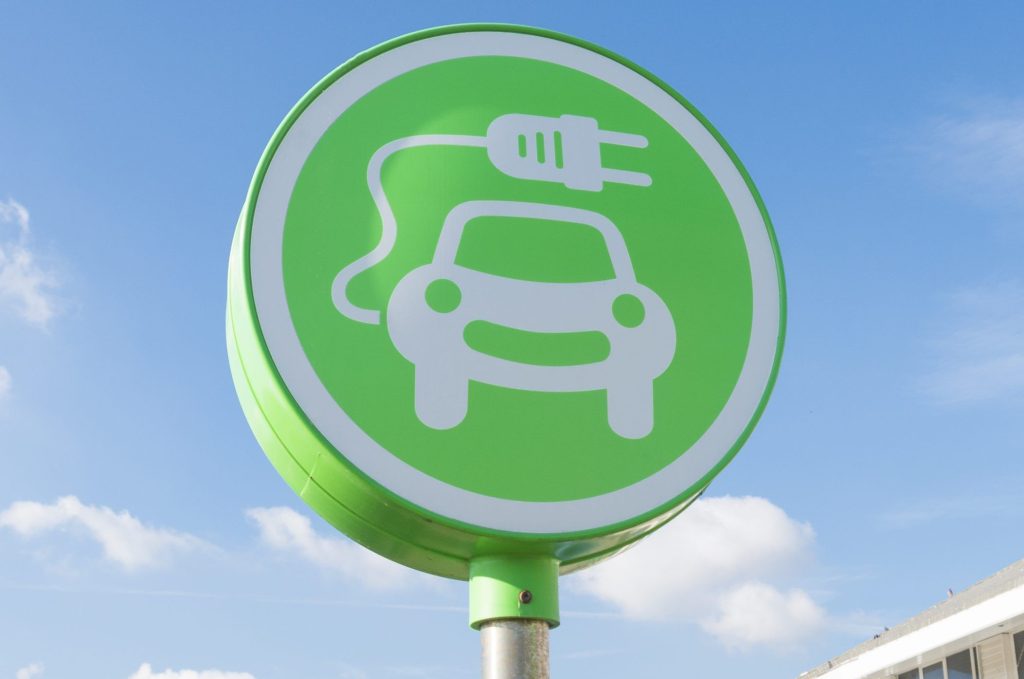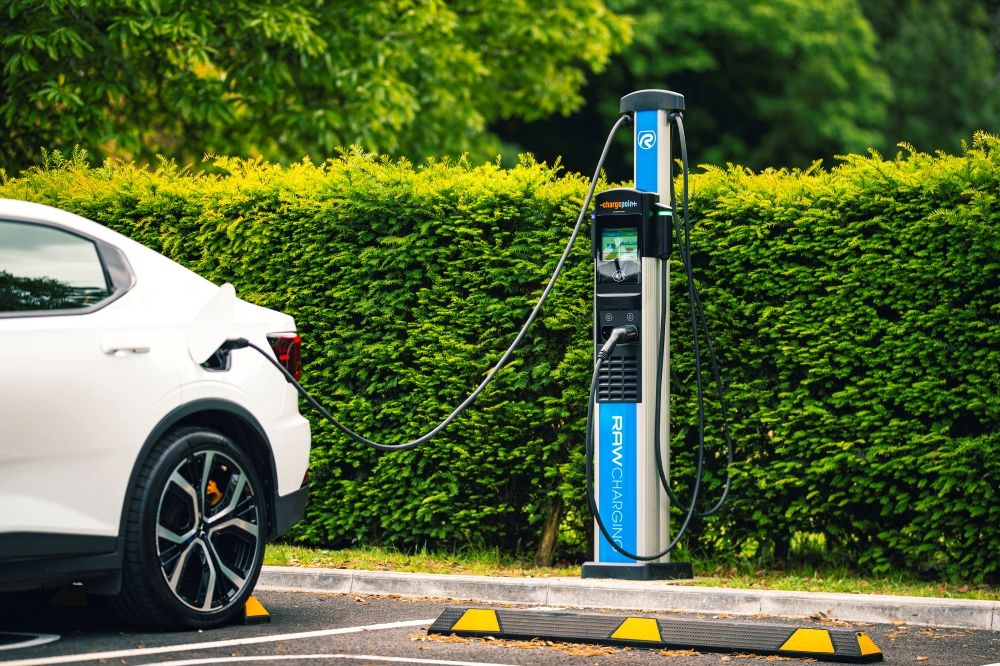Hampshire County Council has approved a policy that will see electric vehicles become the default choice across the authority.
Almost 190 EVs are set to replace diesel and petrol vehicles in the council’s fleet as part of a drive to tackle carbon emissions and improve air quality. This will contribute to the authority’s plans to become carbon neutral by 2050.
The council’s Executive Member for Commercial Strategy, Human Resources and Performance, Councillor Stephen Reid, said: “As part of our commitment to tackle carbon emissions and improve air quality, I’m pleased that the authority will switch its fossil fuelled vehicles to an electric alternative wherever possible. Electric vehicle technology has advanced to the point that it is both a cost effective and a reliable replacement for small cars and vans. This means 190 zero-emission vehicles will be joining our fleet once older vehicles come to the end of their lifecycle.”
Councillor Reid recently approved a policy that means that, where they are suitable, electric vehicles will be the default choice across the County Council. The transition to electric vehicles will be phased to avoid unnecessary expenditure.
A pilot has already successfully seen electric vehicles used by the County Council’s school meal catering service (HC3S), asbestos management team, and Hampshire Highways.
For larger commercial and specialist vehicles where the market does not offer electric options, the County Council will explore enhanced environmentally friendly options. For example, it is currently trialling the use of Hydrotreated Vegetable Oil – a renewable fuel made from waste oil and food – in a small number of vans and trucks.
To support the increasing popularity of electric vehicles, the council is also currently working with district partners to install more ‘on-street’ charging points as part of a trial pilot in Winchester and Eastleigh.
Image: Shutterstock.












